Next Steps
Sewanee's Class of 2021 is poised to do big things. Here’s just a sampling of the places they’re going and the work they’ll be doing after graduation.
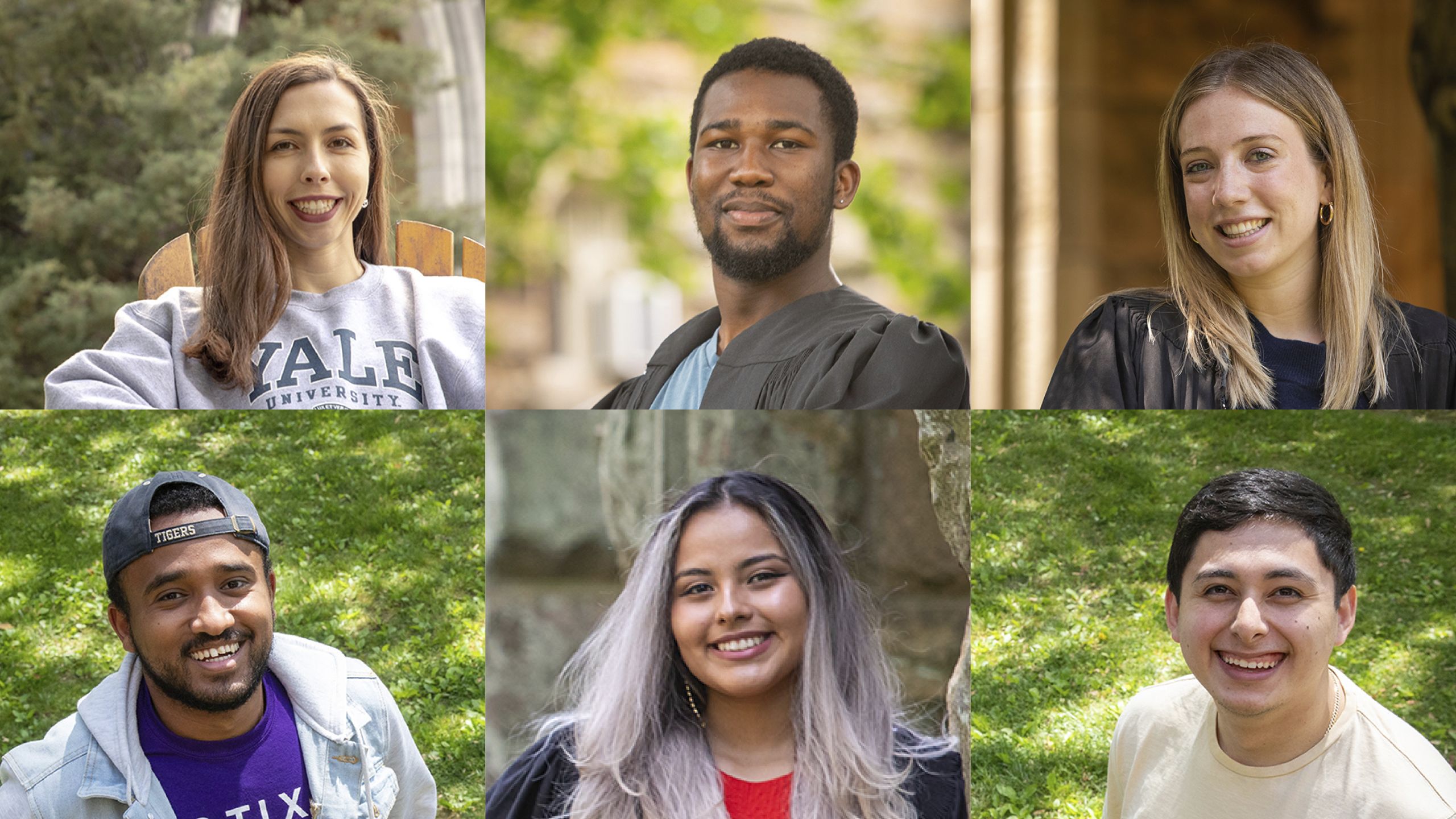
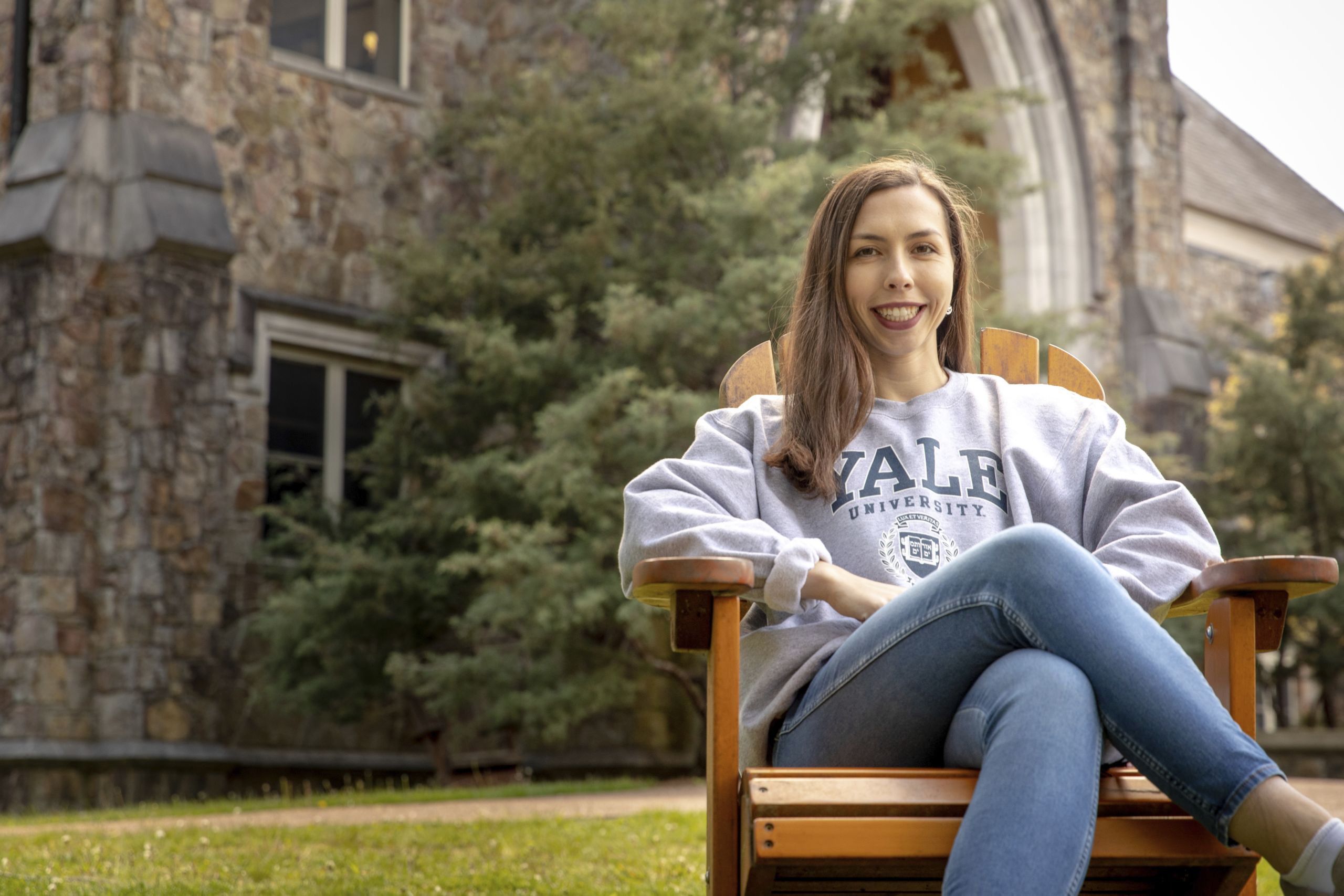
Claire Crow, English Ph.D. student, Yale University
Claire Crow covered her bases when it came time to apply to graduate school, submitting 11 applications in total and earning admission to Dartmouth, Indiana, Ohio State, Fordham, NYU, Cornell, the University of Texas, and the University of Birmingham in England. But it was at Yale University where she found the English Department most eager to support her research interests, and that’s where she’s headed to spend the next six to eight years of study in the university’s English Ph.D. program.
At Sewanee, Crow majored in English with minors in both French and medieval studies after being encouraged and mentored by a medievalist in the English Department, Associate Professor Stephanie Batkie. Crow first encountered medieval literature in a freshman English class with Batkie, then took Batkie’s Chaucer seminar the next semester and, as Crow says, “one thing led to another.” She traveled to the University of Oxford to study in the Middlebury Center for Medieval and Renaissance Studies and then returned to Sewanee to continue focusing on literature written between the 12th and 15th centuries.
Though she’ll continue casting her eye on the distant past at Yale, she’ll be doing it through a thoroughly contemporary lens. Crow is interested in pre-modern critical race studies, a field of inquiry that examines how ideas about race are expressed through the literature of pre-modern Europe. “Christian Europeans were trying to come to terms with being defeated by Islam during the Crusades,” Crow says. “So I’ll be looking at how those discourses materialize in popular culture, like medieval romance. How do these poets represent racial difference? And how do they negotiate the threat that the racialized ‘other’ poses to their idea of nationhood?”
Crow is a first-generation college student who admits she struggled during the transition to college, especially when her father died just two months into her freshman year. Crow’s advisor, Assistant Professor of English Maha Jafri, took Crow under her wing and, when she was thinking about transferring to another school as a freshman, convinced her to stick with it.
Crow credits those two influential English professors—Batkie and Jafri—with helping her make the transition from nervous freshman to confident scholar and soon-to-be Ivy League graduate student. “Dr. Jafri and Dr. Batkie took so much time whenever I needed it to make sure that I was helped,” she says. “Out of all the resources available to me, my support came primarily from the English faculty, and I can’t thank them enough.”
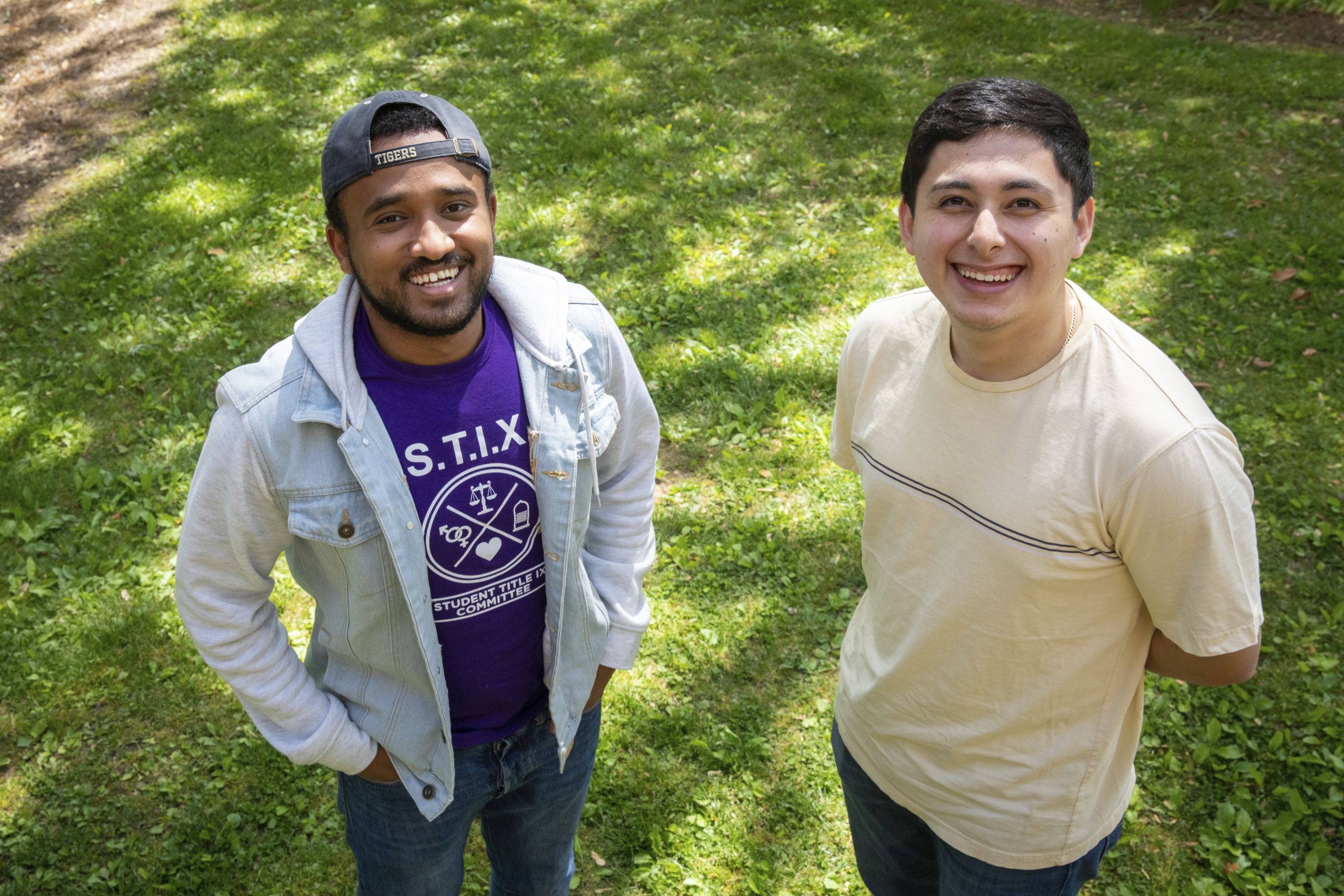
Sam Kebede and Edgar Huerta, Venture for America fellows
Sam Kebede and Edgar Huerta are roommates, but neither had any idea that the other was applying for a Venture for America fellowship until the process got to the interview phase. The good news for dorm-room harmony is that they were each awarded a fellowship, becoming Sewanee’s first-ever VFA fellows.
Venture for America sends recent graduates to work for two years in startup companies in “emerging cities” around the country, with a goal of stopping brain drain to major metropolitan areas and creating economic opportunity through entrepreneurship.
At Sewanee, Kebede was in the University’s Carey Fellows business honors program, which gave him a taste for entrepreneurship when he interned at a VFA partner company, research tech firm Lucid, which was founded by Sewanee alum Patrick Comer, C’96. “When you’re in a 40-person company you get an idea of how it all works—here are the business-development people, this is what everybody does, and this is how it all comes together,” Kebede says. He doesn’t yet know where his fellowship will take him or what he’ll do after it wraps up, but he hopes to take what he learns in the program to found his own startup: “I know I want to have a company that’s solving a major problem,” he says.
Huerta has a more defined idea about his future. He hopes one day to open an indoor soccer facility in the Houston neighborhood where he grew up. In his vision, soccer is the hook, but what he really hopes to give the local teens is skills that can open doors for them in the future. “Often, teenagers get stuck in the neighborhood, and they’re not able to move out,” Huerta says. “I want to help them develop their professional skills so that they’re able to see the potential that exists outside the neighborhood.” Huerta is hoping his VFA experience will equip him with the knowledge he needs to found his company and one day pass knowledge on to a new generation of potential entrepreneurs.
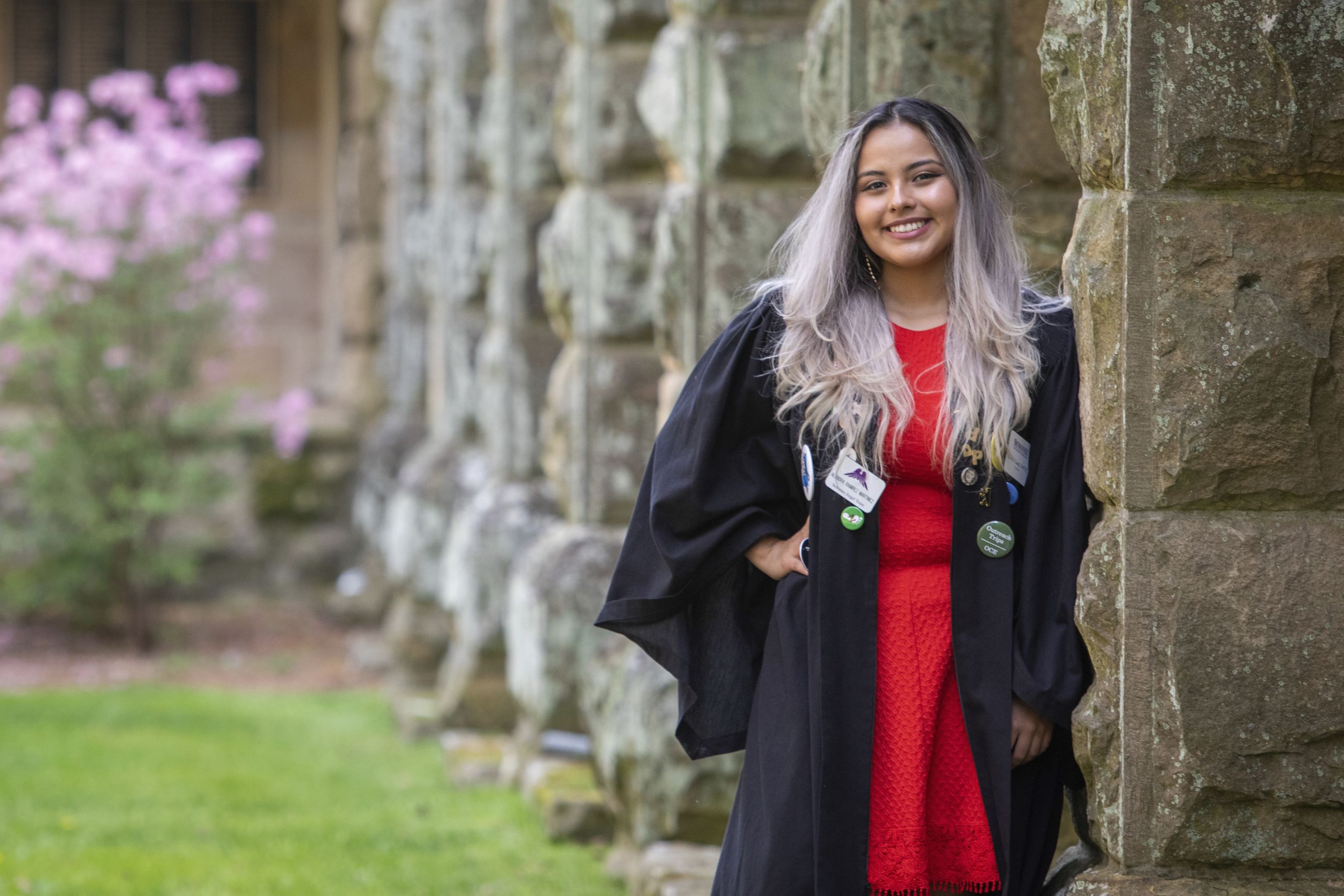
Alondra Ramirez, Americorps VISTA member
English as a second language (ESL) is a subject that Alondra Ramirez feels strongly about, not just because she’s been teaching it for three years as a Canale intern at Sewanee but also because she disliked it so much when she was the one doing the learning as a 10-year-old in Houston, Texas. At the time, Ramirez and her family had just immigrated from Guadalajara, Mexico. “I forced myself to learn English very quickly because I hated the ESL program,” she says. “It was so bad.”
As an Americorps VISTA member, Ramirez hopes to offer resources for immigrants that her family never had access to in Texas—including English classes that the students actually enjoy.
She’ll be working to establish a new nonprofit resource center for immigrant parents of school-age children based at the same elementary school in Manchester, Tennessee, where she’s been teaching ESL for the last three years. She’ll be starting from scratch and will have to write grants for her three-year project to fund everything from teaching supplies to the temporary classroom space she hopes to secure.
Ramirez and volunteers will teach daily English classes among the immigrant population in Coffee County, but her vision extends well beyond fluency. “Our goal is to create a community for these families because they tend to isolate themselves,” she says. “The language barrier is one of the big reasons they’re not connecting with each other. We want to open a pathway for them to have more opportunities in the future.”
When she was young and learning English, Ramirez’s parents were busy working to support the family and never had a chance to take ESL classes. She wants something different for the families she hopes to serve. “I really want to leave a long-lasting impact,” she says. “I want to see this community come together and go beyond what they think they can do. I want to be the change that I wish I had when I was younger.”
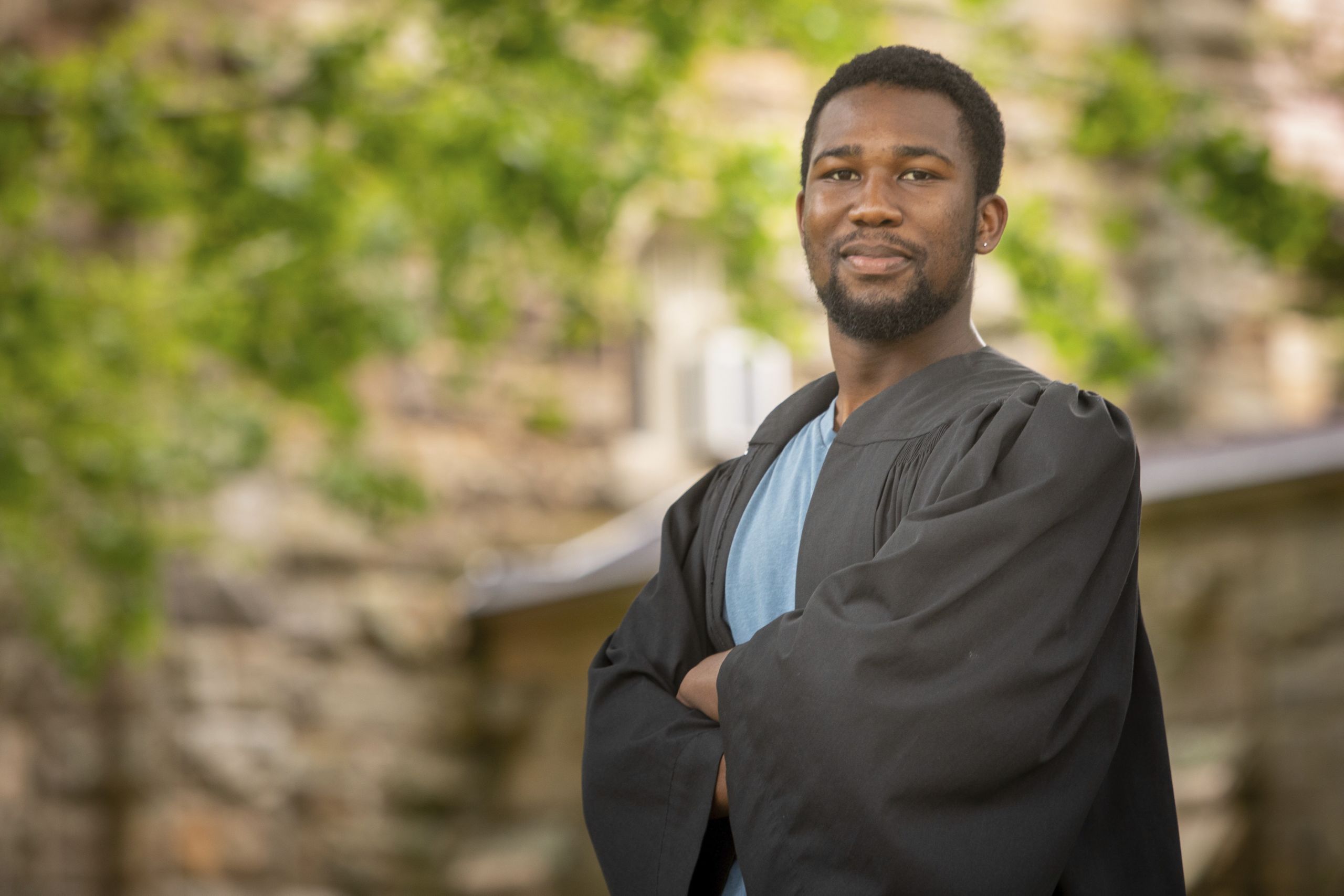
Thario Jones, U.S. Air Force Officer Training School
Thario Jones’s interest in seeing the world was piqued when he traveled to Italy and Greece as a sophomore cornerback on the Sewanee football team. The Tigers went to Rome and then beyond to play an exhibition game against the Lazio Ducks of the Italian Football League. “I feel like I’ve always been a little sheltered,” Jones says. “But when we took that trip, I loved every part of it.”
Jones hopes to scratch his itch for international travel when he joins the U.S. Air Force after completing Officer Training School at Maxwell Air Force Base in Montgomery, Alabama, starting in August. And if he does get to see more of the world, he says he’ll do it with new perspectives gained by studying in Sewanee’s Politics Department, where he focused on identity and diversity in national institutions.
In the Air Force, Jones would like to work in logistics or human affairs because both offer opportunities to work closely with others to solve problems. And after his military service, he hopes to work to promote the interests of marginalized groups, inspired by his study in politics. “To effect change, I knew I’d need to know at least the basics of politics,” he says. “Now I know a lot more than the basics. I studied race, sexuality, and gender inequality in both domestic and international politics. I took a class about global gender issues and realized I didn’t know half the stuff that was going on around the world with women’s issues. Politics evokes a desire to help with change, and that’s what I want to do.”
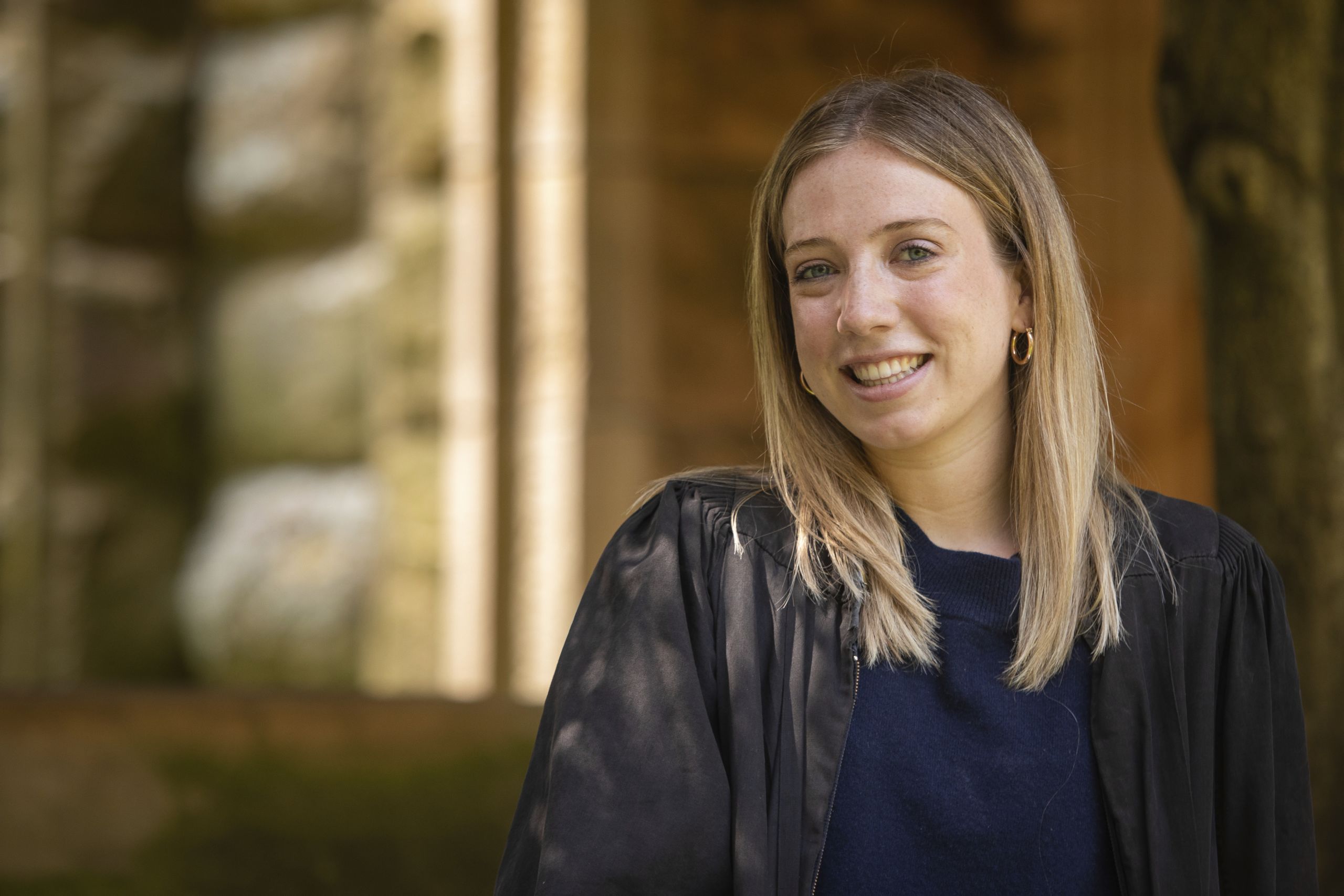
Gracie Evans, Analyst, NTT Data
As a Carey Fellow in Sewanee’s business honors program, Gracie Evans got top-notch business experience and education, despite a global pandemic foiling her plans time after time. Her internship with a consulting firm in Chicago in spring 2020 ended early when COVID-19 started spreading across the country. Her plans to spend summer 2020 at the London School of Economics got scrapped. And then her Plan B to participate in a five-week intensive business bridge program for liberal arts students at the University of Chicago Booth School of Business as part of Sewanee’s Beecken Scholarship program got pushed to remote learning.
But when it came to finding a job, Evans wasn’t going to let the virus stop her. She got on the phone, took to her email, logged into LinkedIn, and started making connections with Sewanee alumni in the consulting industry. “I had a lot of free time because everything got canceled, so I just networked my heart out,” she says. “Sewanee alums are so generous. They said, ‘Just send me your resume, I’ll edit it for you. Let me connect you with this person. Let me help you with interview questions.’ I had two or three calls a week with different alumni.”
All that networking eventually led to an interview and then a job offer with the business consulting sector of NTT Data in Charlotte, North Carolina. Evans will train this summer with a class of 20 or so new analysts to work to analyze and solve problems with the company’s financial and financial services clients.
In addition to the Sewanee alumni network and her own initiative, Evans credits her experience with the Carey Fellows program and the Sewanee Career Center for making her a viable candidate for a consulting job with an international firm. “Sewanee has invested so much in my learning and overall skill,” she says. “I will be forever indebted no matter where I end up.”

